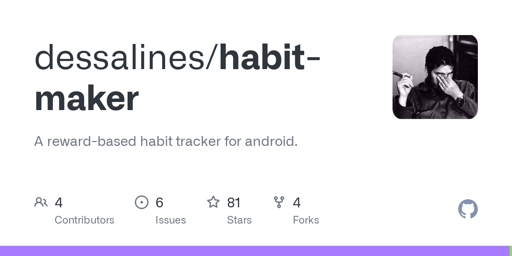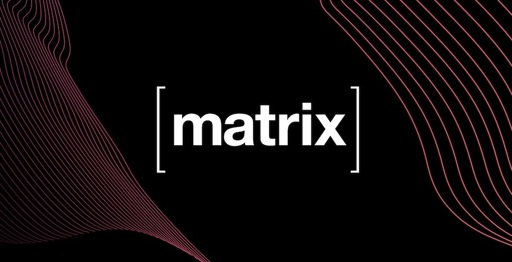Dessalines
- 21 Posts
- 335 Comments
Hitler particle detector hasn’t registered levels this high yet

 3·11 days ago
3·11 days agoI use ReadYou too! I did set up a FreshRSS backend though, because it was pretty easy to set up, and sync my read’s everywhere.

 7·11 days ago
7·11 days agoNow its not just the carriers now get your texts unencrypted, apple and google do too.
Use matrix, XMPP, or simpleX if you want something private.

 2·11 days ago
2·11 days agoI wouldn’t trust RCS even through a VPN. Its still going through carriers AFAIK, which means they get it in plain text.

 31·24 days ago
31·24 days agoI use this, and I encourage everyone to support the dev.
Its so multi-purpose, and its syncing is so solid, that I use it as a calendar and bookmark sync also.
Go into your settings and unclick
show read posts, and save. Then you won’t see any of the same posts again after you’ve read them.
You’ll need to open up issues on those mobile app repos.

 10·2 months ago
10·2 months agoNo one knows what the story is yet?

 6·2 months ago
6·2 months agoCommet and cinny are already discord-like ui’s for matrix.

 17·2 months ago
17·2 months agoGo for a walk (outside) every day. I used to try different posture exercises, running, sprinting interval training, but as you get older, nothing is healthier and easier on your body than just daily walks.
We kinda are walking machines anyway:

Bonus points for mental health if you walk in nature, without any headphones or entertainments.
Also do strength training (you can get hand barbells very cheap if you don’t have a gym close by), starting very light at first, and working up to whatever feels comfortable.

 2·2 months ago
2·2 months agoAgree, siwe is probably closer.

 6·2 months ago
6·2 months agomi sona e toki pona, taso tenpo mute la mi toki ala e ni.
i know it, but haven’t spoken it for a long time.

 12·2 months ago
12·2 months agoSewe, lawi

 27·2 months ago
27·2 months agoThe long term is typically what happens to empires like Rome or Britain: a slow, whiny, unstable decline into obscurity until everyone eventually leaves.
Rome had so many civil wars, imperial overextension, political instability, famines, and an inability to cope with disasters, that by the time it fell, it hollowed out to like < 1% of its peak population.
/end doomposting

 10·2 months ago
10·2 months agoHighly recommend everyone read yasha levine’s surveillance valley for a lot of the specifics on this, looking at the internet in particular.

 4·2 months ago
4·2 months agoTrue. I have a decent hand-one for $50, but they can get pretty expensive.

 293·2 months ago
293·2 months agoYou must buy $1600 iphone to support failing US economy.
Please don’t look at all the alternatives that are 3 years ahead in tech and 1/3rd of the cost.

 7·2 months ago
7·2 months agoThe smart ones know how to avoid the shit now. I’m not testing that out tho lol.

 5·2 months ago
5·2 months agoYou can find these old / used / open box pretty cheap now.
I got a 2+ year old model that originally sold for like $1500 USD, for ~200.










I used to use typing.com, but for the last two layouts I learned, just keybr. It adds keys slowly, and makes sure you “level up” to more keys in a uniform way.